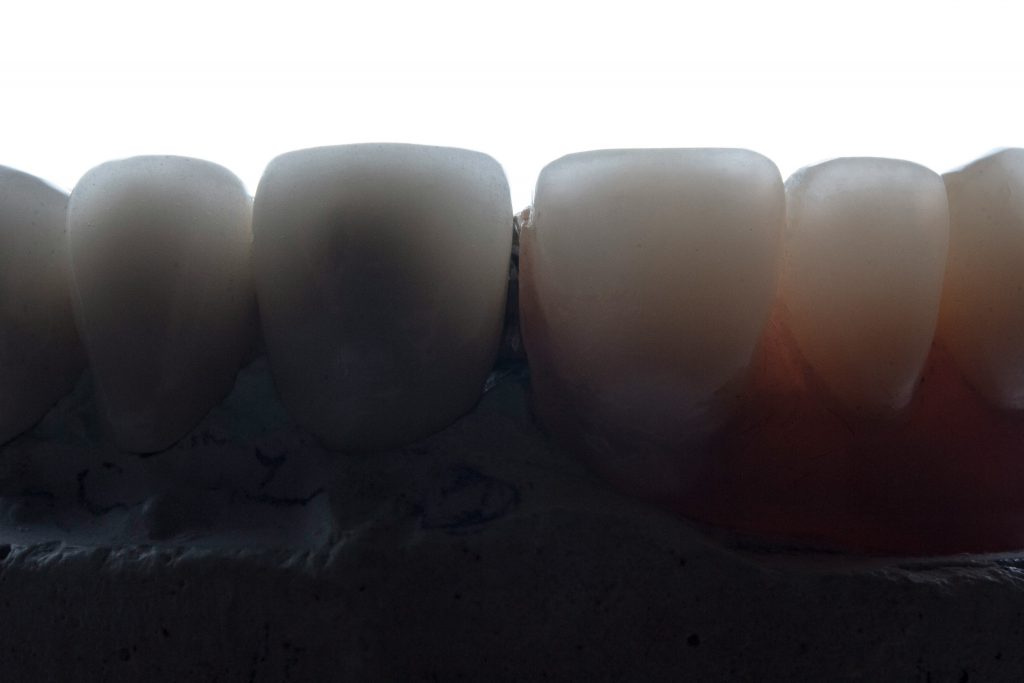Stress

Photo by Ozkan Guner on Unsplash
You might expect that a pre-Easter April email from me would probably caution you to be aware of the risks of chocolate consumption over this period.
But today I want to talk about being aware of something else (don’t worry, your chocolate reminder will come next week!): Stress
April is Stress Awareness Month, and in 2025, we’re far more comfortable talking about mental health, stress, anxiety and depression, which is a huge step forward.
But what perhaps goes a little under the radar is the impact that stress can have on your dental health – specifically the way that stress and bruxism are linked – .so I thought I’d just briefly unpack that today.
First up, what is Bruxism?
Bruxism involves the grinding or clenching of teeth, often unconsciously during sleep or stressful situations. It can lead to:
- Worn or damaged teeth
- Jaw pain or temporomandibular joint (TMJ) disorders
- Headaches
- Sleep disturbances
However, most people have no symptoms at all and it’s only noticed when picked up at a dental assessment (this is what happened with me!)
What’s it got to do with stress?
When stressed, people often unconsciously clench their jaw or grind their teeth, especially during sleep. It can also happen during the day, especially when concentrating or exercising.
What can you do about it?
First things first, we’ll check for it at every dental assessment.
Second, if there’s evidence of bruxism, we’ll consider which treatment (if any) is most appropriate for you. Some options include:
- Custom Night Guards: These devices protect your teeth from the effects of grinding during sleep.
- Stress Management Techniques: Guidance on lifestyle changes and relaxation methods to help manage stress.
- Acupuncture Sessions: These are administered by Dr Ronit Patel who has been specifically trained professionals to target specific symptoms and promote overall well-being.
- Hospital referral: Considered in complex cases or where there is no response to other measures.
Don’t ignore it!
Ignoring bruxism can lead to long-term dental issues, including severe tooth damage, jaw disorders, and chronic pain.
If you’ve been experiencing jaw pain, headaches or poor quality sleep, or you notice that your teeth appear worn or damaged, book a dental assessment, and we’ll take a good look, and advise you on the right next step.
Next week, chocolate…
Ketan

